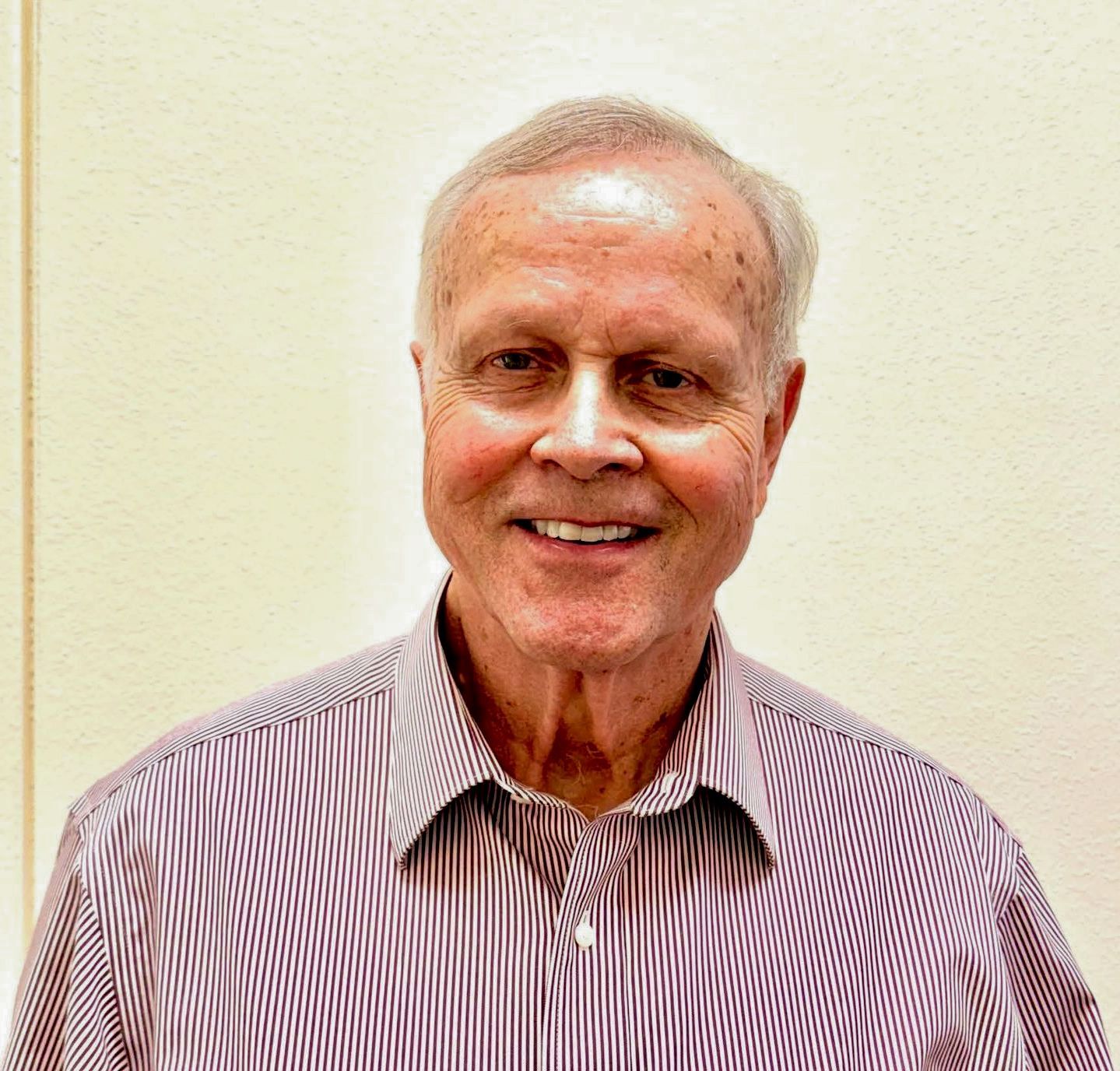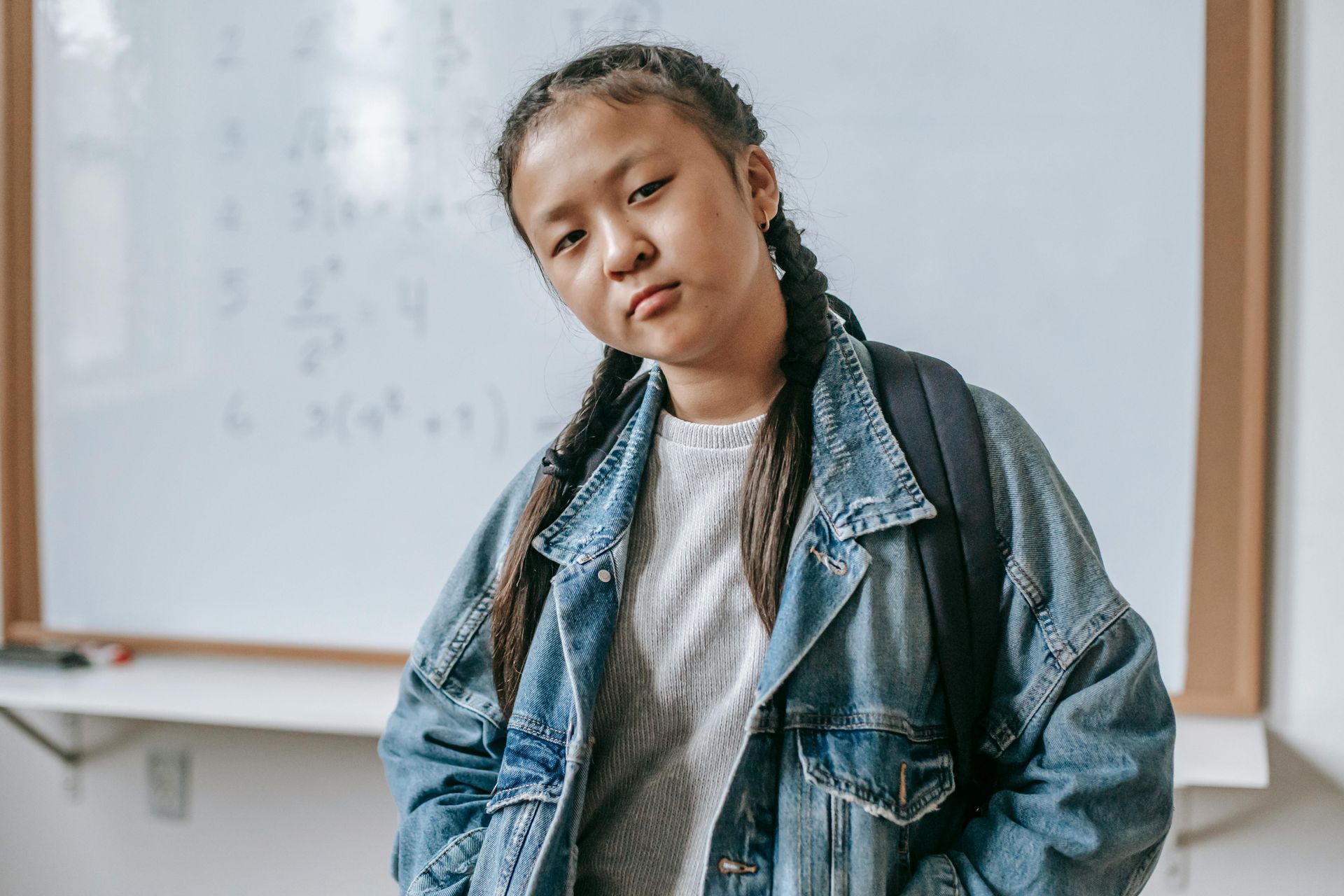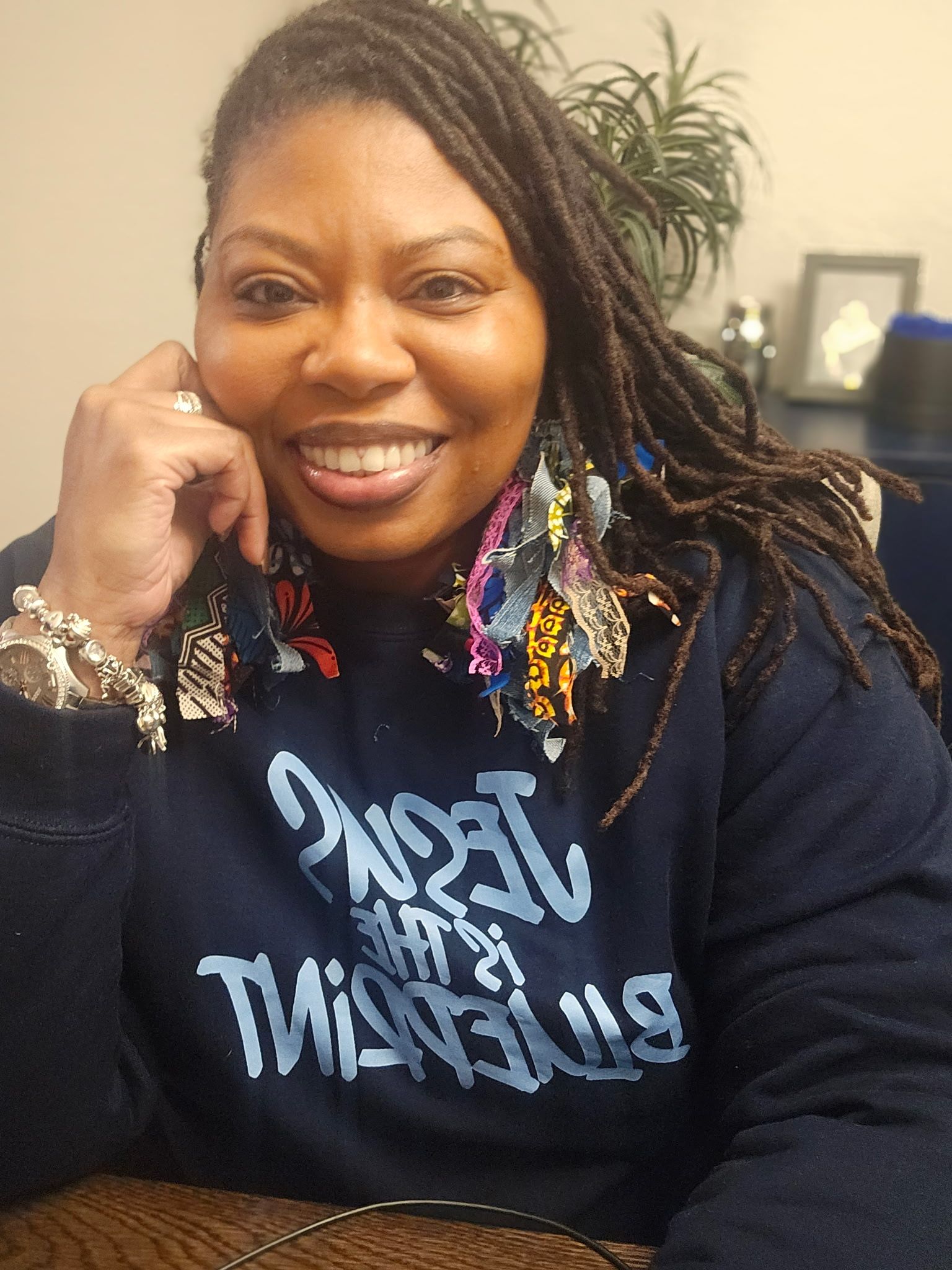March Advocate Spotlight
Larry Rushing

1. How long have you been an Advocate and when did you realize you wanted to become one?
One year, I fully retired at the end of 2023 and had the time and desire to give back in some way. I had been in Big Brothers-Big Sisters in Dallas (before moving to San Antonio). Helping children seems an important and neglected service. CASA is well recognized, so I volunteered.
2. What is the most rewarding aspect of being an advocate?
Really making a difference. In meeting with my two boys’ teachers, I learned the older boy’s unique needs were not being met. For years, his education had been neglected and his reading and math abilities were several grade levels behind. He was struggling and frustrated. With advice and support from my CASA supervisor and CPS, we got an educational surrogate appointed by the court to persuade his school to reassign him to Language Arts and math classes better suited to his abilities. He is now doing much better.
3. If you could offer some words of encouragement to your fellow and incoming Advocates, what would they be?
At first, the children, their parents, and their caregivers may not know your role and be tentative in establishing a relationship. Be patient … as we learned in CASA training, we may be the only constant in their lives. It takes time to establish trust. This is a hurdle race to the end. There is always another hurdle … an unknown number. Some will come as a complete surprise. Just keep figuring out how to jump them, asking for help and advice from your CASA Supervisor, CPS, and any of the other CASA Volunteers. Know that you are making a difference and these kids will remember you forever.








